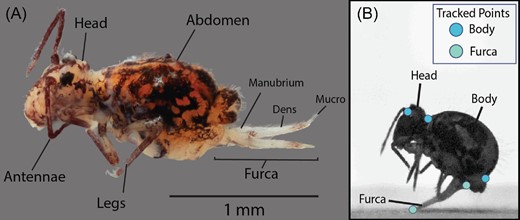2024-08-29 カリフォルニア大学サンタバーバラ校(UCSB)
<関連情報>
- https://news.ucsb.edu/2024/021591/billions-worldwide-consume-inadequate-levels-micronutrients-critical-human-health
- https://www.thelancet.com/journals/langlo/article/PIIS2214-109X(24)00276-6/fulltext
食事による微量栄養素不足の世界的推定:モデリング分析 Global estimation of dietary micronutrient inadequacies: a modelling analysis
Simone Passarelli, PhD∙ Christopher M Free, PhD∙ Alon Shepon, PhD∙ Ty Beal, PhD∙ Carolina Batis, PhD∙ Christopher D Golden, PhD
The Lancet Global Health Published: August 29, 2024
DOI:https://doi.org/10.1016/S2214-109X(24)00276-6
00276-6/asset/7477bc24-731a-4f94-830b-f1da680fc6a6/main.assets/gr1.jpg)
Summary
Background
Inadequate micronutrient intakes and related deficiencies are a major challenge to global public health. Analyses over the past 10 years have assessed global micronutrient deficiencies and inadequate nutrient supplies, but there have been no global estimates of inadequate micronutrient intakes. We aimed to estimate the global prevalence of inadequate micronutrient intakes for 15 essential micronutrients and to identify dietary nutrient gaps in specific demographic groups and countries.
Methods
In this modelling analysis, we adopted a novel approach to estimating micronutrient intake, which accounts for the shape of a population’s nutrient intake distribution and is based on dietary intake data from 31 countries. Using a globally harmonised set of age-specific and sex-specific nutrient requirements, we then applied these distributions to publicly available data from the Global Dietary Database on modelled median intakes of 15 micronutrients for 34 age–sex groups from 185 countries, to estimate the prevalence of inadequate nutrient intakes for 99·3% of the global population.
Findings
On the basis of estimates of nutrient intake from food (excluding fortification and supplementation), more than 5 billion people do not consume enough iodine (68% of the global population), vitamin E (67%), and calcium (66%). More than 4 billion people do not consume enough iron (65%), riboflavin (55%), folate (54%), and vitamin C (53%). Within the same country and age groups, estimated inadequate intakes were higher for women than for men for iodine, vitamin B12, iron, and selenium and higher for men than for women for magnesium, vitamin B6, zinc, vitamin C, vitamin A, thiamin, and niacin.
Interpretation
To our knowledge, this analysis provides the first global estimates of inadequate micronutrient intakes using dietary intake data, highlighting highly prevalent gaps across nutrients and variability by sex. These results can be used by public health practitioners to target populations in need of intervention.
Funding
The National Institutes of Health and the Dutch Ministry of Foreign Affairs.

